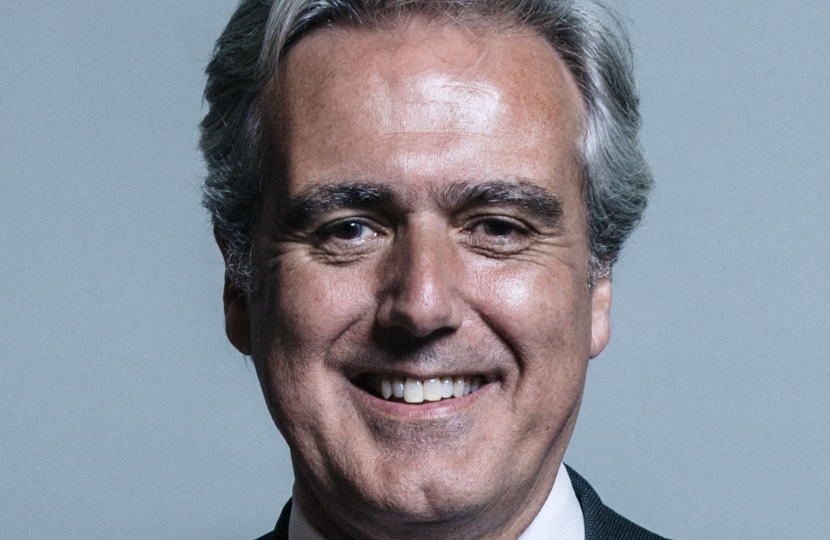
The jobs figures published last week were, by any standards, remarkable. Not only do we have a record number of people in work, we have the lowest unemployment rate for 42 years (4.3%). We are set to overtake Japan and Germany to lead the world’s advanced economies in terms of employment.
Digging beneath the surface also reveals more good news. Before the financial crisis, youth unemployment stood at just under 15%, and peaked post crisis at nearly 23%. It now stands at just over 12%. Overall unemployment peaked post crisis at over 8%. Female employment, at around 66% pre-crisis, dropped to 65% but now stands at around 71%. Even looking at the type of employment gives cause for optimism. Using 2007 as a base, those in self-employment has increased steadily post crisis to just under a million in the last decade. However, those who are employed saw a drop of around 750,000 because of the crisis, but has seen a turnaround of over 2 million, to see a net employed increase of nearly 1.5 million. Similarly, part time employees saw a steady increase since the crisis to over a million new self-employed by last year, whilst those in full time work saw an alarming post crisis fall of a million jobs, now turned around by nearly 2.5 million new full time jobs for a net 1.4 million increase. In the last year, part time jobs are declining and full time jobs are increasing at a faster rate. The picture for jobs looks good.
What is not so good is wages. This has been mitigated for those on lowest earnings by an increase of the starting point for income tax and many are up to £1,400 a year better off just on tax breaks alone since 2010. The public sector pay cap has been part of this and it is interesting that private sector wages – always lower than public sector – have now pretty much caught up (if public sector pension and benefit provisions are excluded). With the removal of the cap, public sector wages can start to grow again.
Key, though, to increasing wages is to boost productivity – the effectiveness of each worker. This has been a conundrum for many years and driving better outputs of British workers is key to delivering higher wages. It comes through investment in innovation and improved skills for workers. That is why it is my priority that we see here in Wyre Forest more private investment and more training for local workers.
